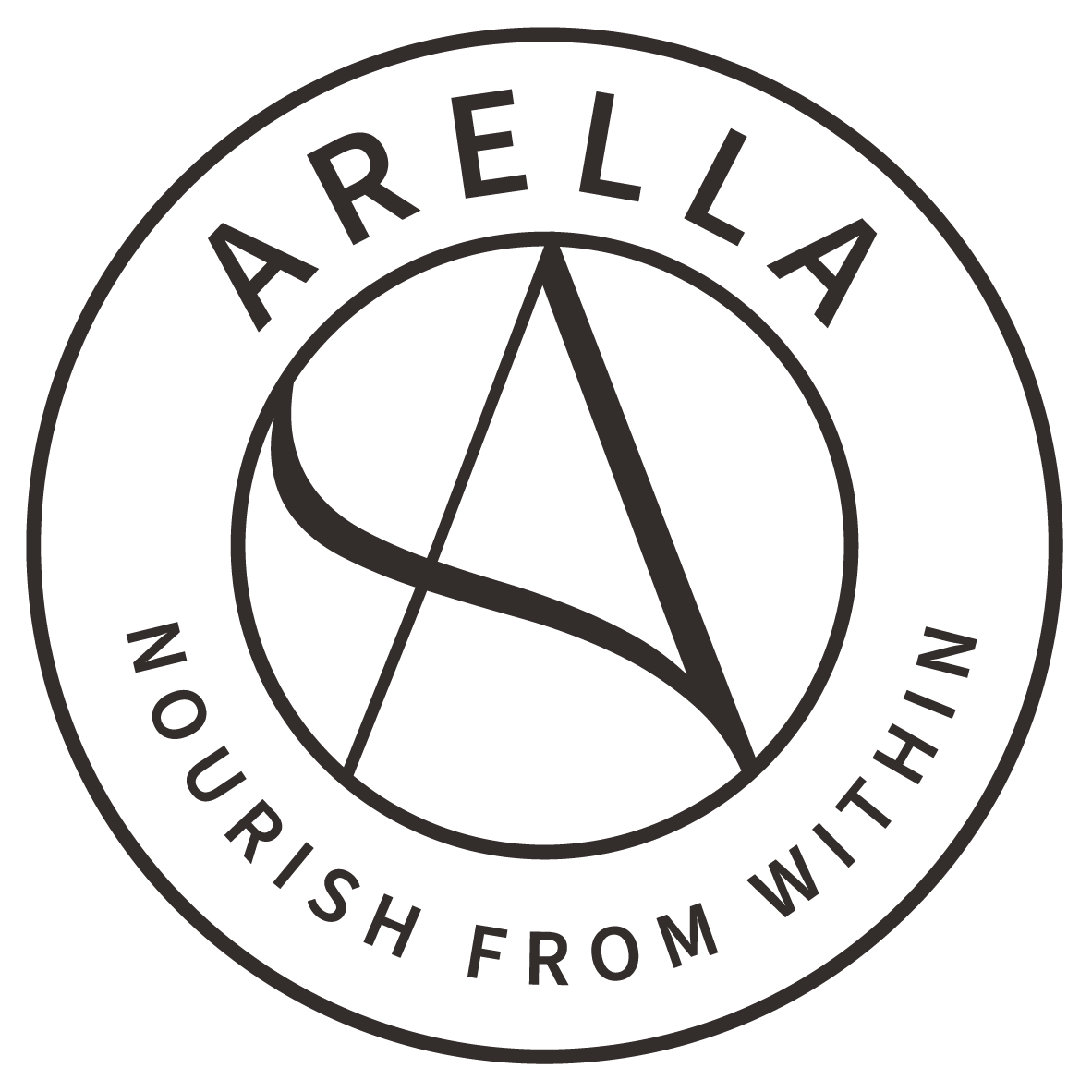
“I’m going through menopause and now I feel anxious all the time. What’s wrong with me?”
It’s a sentiment many women experience during perimenopause and menopause. Anxiety is a common symptom, but it’s rarely talked about. Sure, you knew about hot flushes. But anxiety? Absolutely not.
Read on to discover the signs of anxiety, why it happens during menopause, and how to reduce symptoms of menopausal anxiety with Arella.
What is anxiety?

Everyone struggles with feeling anxious from time to time. Feelings of anxiousness are often linked to worry, stress, and fear. Maybe it’s the pressure of a new job or giving a presentation. You might feel overwhelmed by tasks or experience mild worry before travelling.
Living with an anxious disorder is a whole different experience. An anxious disorder is constant and can cause severe emotional distress.
What does anxiety look like?

Anxiety is different for everyone, so symptoms vary. Below are the most common signs of anxiety. Experiencing one or two is normal (everyone has a bad sleep or difficulty focusing now and then). But multiple and consistent of the below symptoms could be a sign of an anxious disorder:
-
Racing thoughts and overthinking
-
Worrying about the future
-
An uncomfortable feeling in the pit of your stomach (can feel heavy or squirmy)
-
Difficulty falling asleep or waking up too early
-
Feeling “tired but wired”
-
Gut issues, such as loose stools and cramps
-
Struggling to eat or eating too much
-
Panic attacks
-
Racing heart
-
A sense of unease, foreboding, or doom
-
Difficulty decision-making and focusing
-
Avoiding tasks or things you used to enjoy
-
Headaches
-
Feeling tense or restless
-
Hot flushes or sweating
-
Suicidal thoughts
Can menopause trigger anxiety?
Yes, menopause can trigger anxiety. A 2022 survey found that 69% of British women transitioning into menopause found anxiety “very” or “somewhat difficult.” Which goes to show that you are not alone.
Why does menopause cause anxiety?
Menopause is often a leading cause of anxiety in women over 40. But why does it happen?
A drop in oestrogen

During menopause, you experience a drop in oestrogen, which is a hormone responsible for balancing your brain chemistry. This includes producing serotonin, which induces feelings of happiness. You need serotonin to regulate your nervous system and balance your moods.
A lack of serotonin can set off the fight-or-flight response. This is when your body believes there is constant danger present, causing things like a racing heart, an upset stomach, or trouble sleeping.
Physical menopausal symptoms

Anxiety can stem from physical menopause symptoms like hot flushes, night sweats, vaginal dryness, and skin problems.
For example, you may worry about leaving the house and experiencing a sweaty hot flush. This can cause social anxiety and you withdraw from attending social activities. Perhaps going to bed feels daunting because you’re apprehensive about night sweats. Sex may become stressful because it’s painful or difficult from vaginal dryness.
Life changes that coincide with menopause

Menopause often coincides with major life changes. These can include your children leaving home, which can cause you to worry about them more than usual. You may also struggle with the sudden empty house or not feeling “needed” anymore.
Menopause can also correlate with your parents needing help. This may include driving them to the hospital, helping with groceries, or considering a care home. The responsibility adds a lot of emotional and physical stress, especially as women often fall into the role of caretaker.
Career shifts

The average age of menopause in women is the early 50s, which can align with career changes. This may include a position with more responsibilities or having the time to pursue a higher education, such as a PhD. Female entrepreneurs are also most likely to start a business in their early 40s. Therefore, the business may be taking off around the same time that menopause is in full swing.
How to reduce menopausal anxiety
There are multiple ways you can reduce menopausal anxiety. Here are our top tips:
Take a mood-balancing menopause supplement

The decline of oestrogen is one of the leading causes of menopausal anxiety. Therefore, taking a supplement that targets the hormone to rebalance your mood is a great step.
The Arella Pause supplement is scientifically supported to manage menopausal symptoms. The award-winning supplement contains a blend of ingredients that naturally improve oestrogen levels and reduce inflammation. This helps lower mood disorders and enhances your overall well-being. The clinically tested ingredients include:
-
Sage
-
Red clover extract
-
Pine bark extract
-
Cinnamon
-
Vitamin E
-
Vitamin D3
-
Biotin
Calm your nervous system with gentle exercise

Anxiety is caused by an imbalanced nervous system, which can be triggered by excess cortisol in your bloodstream. Also known as the stress hormone, cortisol increases the heart rate, which can lead to shortness of breath and a panicked feeling.
Common mental health advice is to exercise. While this certainly helps, it’s essential you choose the right type of exercise. High-intensity exercise like running, jumping jacks, and burpees accelerates your heart rate. Most of the time this is positive, but when you have an anxiety disorder, it’s vital to calm your heart rate.
Engage in slower exercise that reduces stress on the body. For example, slow yoga, an evening stroll, gentle cycling, or swimming. This movement calms your fight or flight, helping you feel safe and lowering anxiety symptoms.
Learn grounding and self soothing techniques

Everyone has their own coping mechanisms when it comes to mental health, and these can be healthy or unhealthy. For example, overeating or restricting, drinking too much alcohol, or smoking. However, you can learn healthy coping mechanisms to self soothe.
Healthy soothing techniques include deep breathing and using calming scents (like essential oils) to ground you. Stroking something soft and silky, receiving a hug, and listening to calming music can also help.
Don’t be afraid to see a doctor

If your anxiety has not reduced with holistic treatment or you are experiencing suicidal thoughts, please seek immediate medical attention. Going to a doctor or taking medication does not mean you have failed at “fixing yourself” or that you haven’t tried hard enough. It means you are brave by reaching out and getting the support you need.
Please also remember that women’s health is not always taken seriously in the medical field and there is a lack of research around menopause. Therefore, it’s vital to advocate for yourself. Tell your doctor what you are experiencing on your worst day and take someone with you for moral support. If your doctor is dismissive, please get a second opinion. Not all doctors are trained the same, and it’s not in your head!
Soothe your anxiety with Arella Pause

Anxiety is a very real medical disorder and something you shouldn’t have to suffer alone. Try out Arella Pause to rebalance your nervous system and reduce anxiety symptoms today.
Read more:





